


The government still has key lessons to learn from the Future Hospital site fiasco, the Comptroller and Auditor General has said, as she prepares to step down from her role after seven years.
The comments from Karen McConnell came as she reflected on one what she deemed to be one of the most “crucial” reports produced during her time as watchdog: an investigation into the “flawed” £5.5m process to decide where best to base the £466m capital project.
Published in 2017, it saw Ministers and Chief Officers criticised over “confused” decision-making process, which appeared to ignore expert opinion on certain matters and led the States to spend hundreds of thousands on advisers’ fees due to a failure to provide them with the correct information in the first place.
The result was proposals being drawn to modernise the current hospital rather than start afresh – plans that were later scrapped at a cost of £27m.
But while Ms McConnell says oversight arrangements around the hospital project have since improved, she expressed concerns that the lessons on governance from the report hadn’t been applied elsewhere.
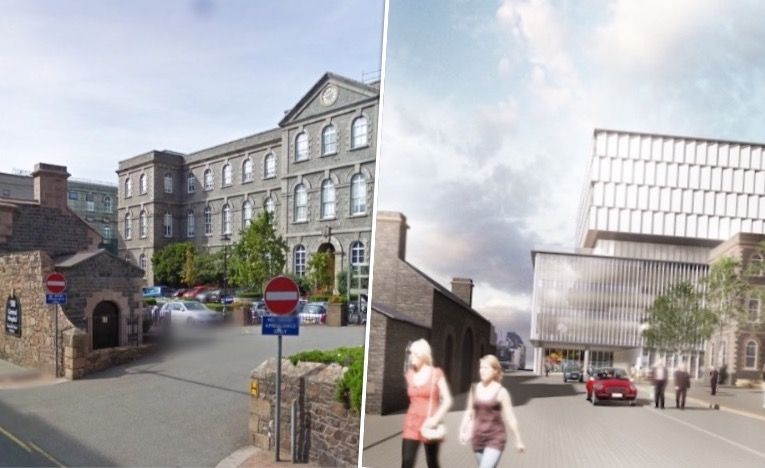
Pictured: Lessons from the problems with the hospital site selection process should be applied elsewhere, the C&AG believes.
“On the surface, [the report] deals with the hospital site and deals explicitly with the way decisions are made within the States… There have been changes made in the way that decisions around the hospital are undertaken, but the transfer of principles that sit within that to other core areas, there is still work to be done,” she explained.
The hospital site report wasn’t the only one to identify governance – which Ms McConnell says consists of leaders acting with “integrity, transparency, openness and respect for rule of law” – as an area for improvement.
In fact, Ms McConnell says the theme has cut across all of her reports, which is why it will form the centre of a final ”think piece” to be published tomorrow.
The report comes after dozens of reviews over the years, which have probed areas including the ill-fated Innovation Fund, services for vulnerable adults, and Andium Homes executives’ salaries.
So damning have some of the findings been that Ms McConnell’s reports have led to Ministerial resignations, a public spat between past and present Chief Ministers, and even a Police investigation.
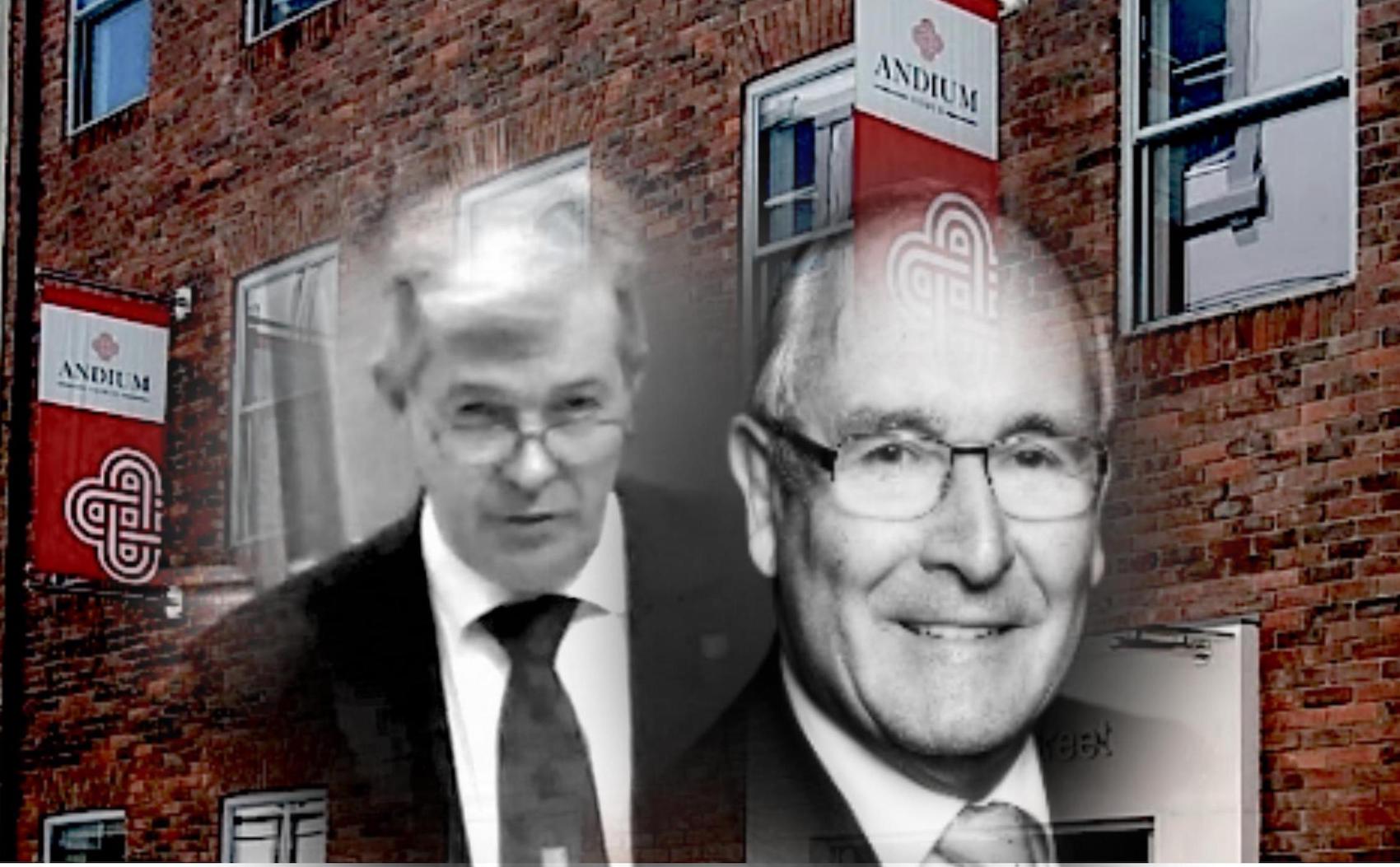
Pictured: Ex-Chief Minister Frank Walker and the current one, Senator John Le Fondré, fell out in the wake of a report focusing on executive pay at Andium Homes.
These more extreme examples are “symptoms” of poor – or a lack of – governance, according to the Comptroller.
“It’s fundamental to anything any organisation does – the more complex, the more important you get it right. Any of the big failings, whenever you begin to dig down into it, it goes to governance. You can look at the symptoms of things, but if you look at the symptoms, you don’t look at the underlying problems
“…Rather than looking at what may be looking as if it’s going wrong on the surface - hold-ups in building a hospital, issues with the Innovation Fund, remuneration of boards – you can see the symptoms of what’s going wrong, and look at what is it you would expect to have in place to prevent things going wrong?”
Treating that underlying problem, she says, starts with workplace “culture”.
“…It starts with behaviour and one of the phrases that is often used is that ‘it comes from the top’.”
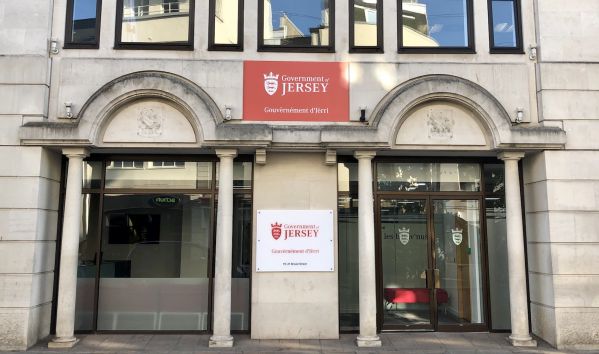
Pictured: Good governance is all about acting with "integrity, transparency, openness", and must come from government leaders, Ms McConnell believes.
Naturally, there’s a risk that feedback to leaders on their decision-making and management styles could be taken personally – but fortunately Ms McConnell says the ability to accept constructive criticism has “shifted over time."
“When I first arrived, I think that individuals did find it really hard to be scrutinised in this way and they found the recommendations very challenging. I didn’t have as much understanding as I do now as to how much actually needed to change. There’s a bit of growth on both sides.”
The key to that growth has been building up trust through “close engagement” with “key” individuals, and turning them into “advocates “ of change.
“There are various individuals in the states who when I arrived most certainly were not accepting what I had to say… but are now absolute advocates. That is a real success.”
It has also involved hammering home certain messages until people “get it”.
“What you’ll read is where I’ve begun to echo the same thing in essence, over and over again, not because I’m somebody that wants to bore people, but someone that wants to reinforce a message.
“People are logical, I believe, and if you give them a story that shows them something and they can see it and feel it but maybe they might think… ‘it’s not really like that’, then you show them it again with a different story, then again with more evidence and another story.”
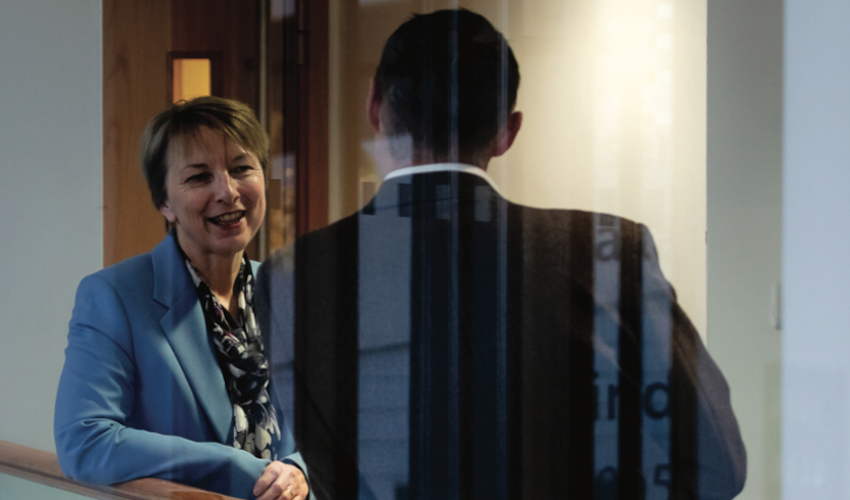
Pictured: The C&AG says her tactic has been to work from the inside out in improving the government by transforming once-sceptical officers into "advocates for change".
The tactics, she says, appear to be working, which is one of the reasons why she doesn’t believe the role needs any more “teeth”, aside from its existing “levers of persuasion or reporting”.
The hope, Ms McConnell says, is that those within positions of responsibility within government will eventually start to adopt a set of common principles to guide their future work.
“If you have rules, you have to write a rule for everything. Individuals you’re asking to be empowered and go out and work independently – they’ll just be constantly looking back at the rulebook.
“If you have a set of principles then actually it’s a toolbox that in any situation you know the expectations. A good culture lies within that.”
The Comptroller is full of praise for her team, who she says were crucial in assisting her with “early research” that helped her establish the office.
In doing so, she says she was keen to ensure it led by example – “You should, shouldn’t you?” – by putting in place independent oversight and honest reporting of expenditure.
“If I’m expecting other people should be held to account, I should be as well. I believe in transparency, I believe in openness, so our quarterly figures are published on the internet if people want to have a look at them.
"We also publish all my expenses, my trips. It’s all there.”

Pictured: All Ms McConnell's expenses, including flight prices and accommodation, are online.
Indeed, a quick check of the C&AG website confirms that, with the latest breakdown including details such as the average cost of her return flights to Jersey (£185.22) and hotel stays (£111.87).
Having worked on a draft plan of review topics for 2020-2023 with her successor, PwC Senior Partner Lynn Pamment, Ms McConnell will be exiting the role at the end of the year.
But she says she won’t be able to resist keeping an eye on how things develop on the island whose government and processes she has got to know so well since 2012.
Though the self-confessed “governance freak” admits that her work over the past seven years might not necessarily excite the average person, while more corporate bods might believe her drives to impose governance simply mean more paperwork, she explained that her office’s motivations were, in fact, very simple, and very important.
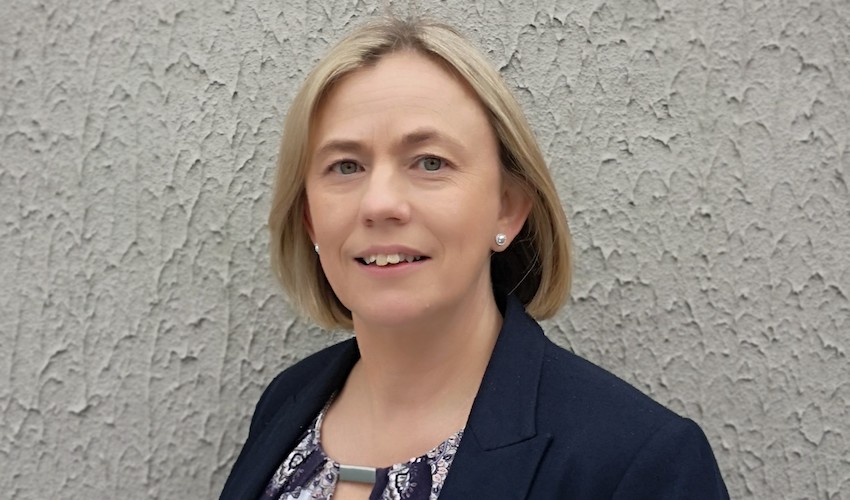
Pictured: Lynn Pamment, who is taking over from Ms McConnell.
Reflecting on a report about healthcare governance, which raised concerns about patient safety, she said: “People lie at the heart of all the work we do.
"It is public services we are dealing with and it goes across the board. People at various stages in their lives become vulnerable and within public services those people need to be supported and it’s important that the framework of services that sit around them is strong.
“I think to me if you have good governance, it doesn’t create bureaucracy, it smooths the way.”
Comments
Comments on this story express the views of the commentator only, not Bailiwick Publishing. We are unable to guarantee the accuracy of any of those comments.